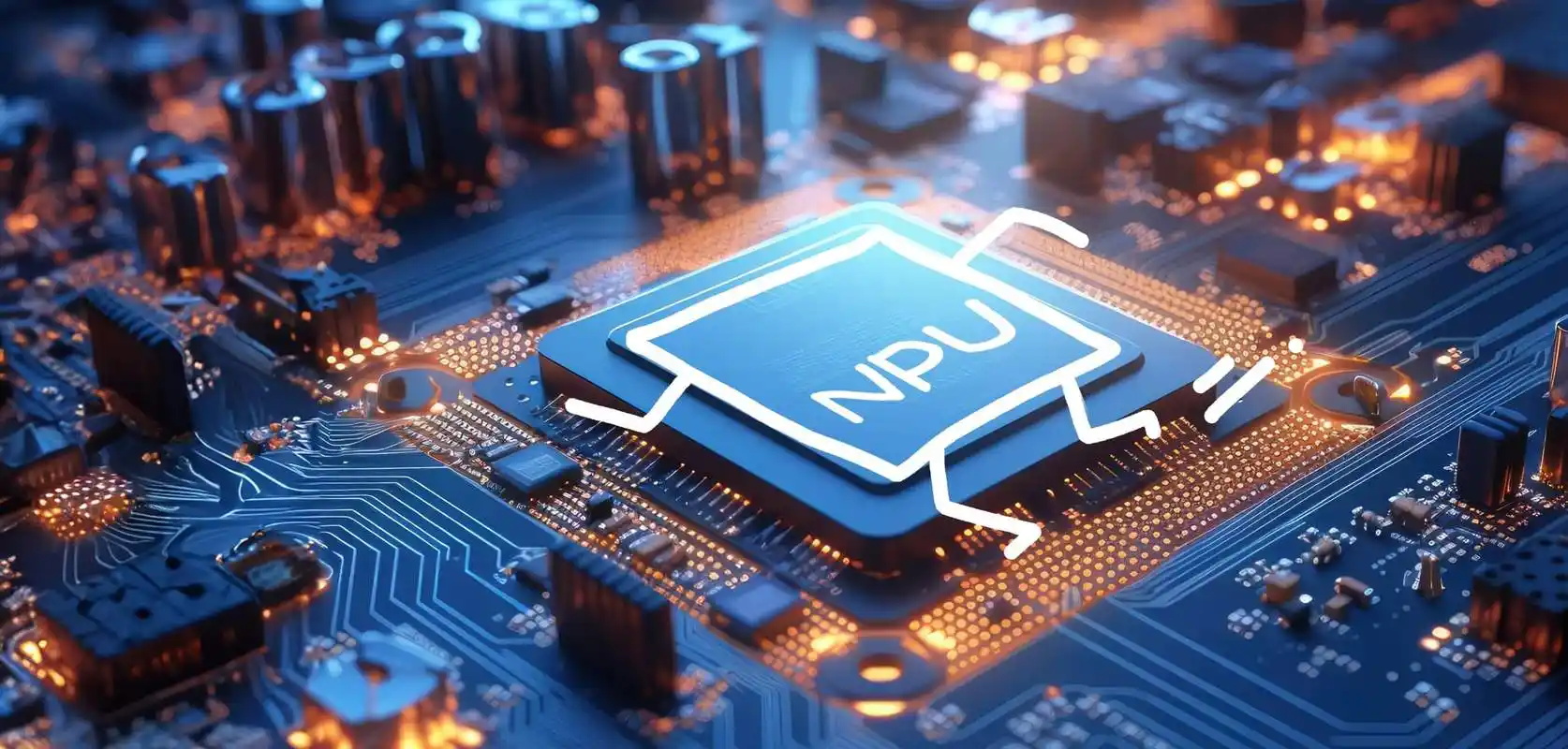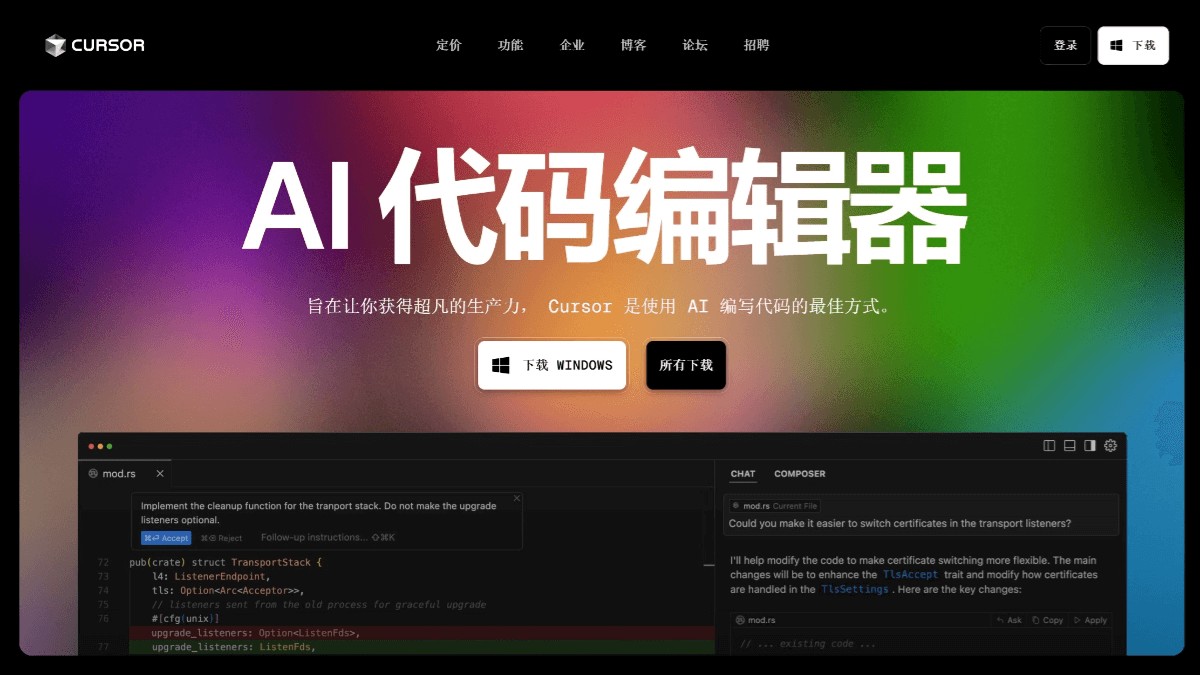
NPU (Neural Processing Unit) is a hardware processor specially designed to accelerate artificial intelligence (AI) calculations. It is mainly used to handle the computing tasks of neural networks. Unlike traditional central processing units (CPUs) and graphics processing units (GPUs), NPUs focus on neural network operations, especially in deep learning tasks such as image recognition, speech recognition, natural language processing and other applications.
NPU designs a specific hardware architecture to accelerate common computing operations in neural networks, especially key steps in deep learning models such as matrix multiplication, convolution operations and activation functions. Compared with CPU and GPU, NPU performs these tasks more efficiently and can significantly improve the speed and efficiency of AI inference.
Efficient parallel computing : NPU usually adopts a large-scale parallel computing architecture, allowing it to process multiple data streams simultaneously, thereby accelerating the neural network inference process.
Low power consumption : Compared to GPUs, NPUs generally have lower power consumption when performing the same AI tasks, making it particularly important in mobile and embedded devices.
Optimized AI computing unit : The NPU design integrates specially optimized matrix operation units, multiply-accumulate units (MACs), tensor processing units (TPU), etc., which can effectively accelerate deep learning calculations.
Support for deep learning frameworks : Modern NPUs are generally compatible with mainstream deep learning frameworks (such as TensorFlow, PyTorch, etc.), making it easier to deploy AI models.
Smartphones and mobile devices : NPU is widely used in smartphones to improve the performance of AI applications (such as face recognition, real-time image processing, voice assistants).
Autonomous driving : The NPU in autonomous vehicles is used to process data from sensors (such as cameras, radar, lidar) in real time to help decision-making and control systems respond quickly.
Smart Home : In smart home devices, NPU accelerates speech recognition and image recognition.
Smartphones : NPUs in modern smartphones are used for real-time image processing, augmented reality (AR), facial recognition, voice assistants, and other functions. For example, Huawei's Kirin chips and Apple's A-series chips both have built-in NPUs, which improve AI computing performance.
Autonomous driving : Autonomous driving systems require real-time processing of large amounts of data from sensors such as cameras, lidar, and radar. NPU can accelerate tasks such as image recognition, object detection, and path planning, and improve the response speed and accuracy of decision-making.
Robots : In robotics, NPU is used to process tasks such as environmental perception, path planning, and object recognition in real time to help robots make autonomous decisions. Through efficient NPU computing, robots can better adapt to complex environments and complete tasks.
Intelligent security : In the field of intelligent security, NPU can accelerate tasks such as face recognition, abnormal behavior detection, and video analysis, and improve the intelligence level of the monitoring system. Through NPU, security equipment can achieve real-time monitoring and automatic alarms to improve safety.
Medical image analysis : NPU can accelerate the analysis process of medical images, such as CT scan, X-ray, and MRI image processing. NPU helps doctors diagnose diseases more quickly by accelerating the reasoning process of deep learning models.
Internet of Things (IoT) : In IoT devices, NPU can efficiently process data, thereby improving the intelligence of the device. For example, in smart home devices, NPU can handle tasks such as speech recognition and image recognition to improve user experience.
NPU (Neural Processing Unit), as a hardware unit optimized for artificial intelligence inference, is becoming the core accelerator of AI computing. Through efficient parallel computing and low power consumption, it is widely used in many fields such as smartphones, autonomous driving, robotics, medical care, and the Internet of Things. In the future, NPU will continue to develop in terms of computing efficiency, integration, power consumption and open platforms, promoting the application of AI technology in a wider range of fields. With the co-evolution of hardware and software, NPU will play an increasingly important role in the AI functions of smart devices.



